MARRYLAND FENESTRATED TIP
About MARRYLAND FENESTRATED TIP
Maryland Fenestrated Tip
a specific design feature found on laparoscopic surgical instruments, particularly forceps and dissectors. This design incorporates a curved jaw with fenestrations—small openings or windows—on the tips, which are intended to reduce tissue trauma and improve visualization during surgery. The Maryland configuration is a type of dissecting forceps used for blunt dissection and grasping tissues, with the curve providing better access and visualization in confined spaces.
These instruments are commonly used in laparoscopic procedures, including gynecological surgeries, where fine tips are needed for delicate operations. They are available in various styles, including fenestrated, plain, and Maryland bipolar forceps, offering versatility for different surgical needs. The fenestrated design allows for more precise tissue handling and coagulation, making it suitable for tasks like grasping small bits of peritoneum or performing blunt dissection.
The instruments are typically available in standard sizes, such as 5mm shaft diameter and 330mm shaft length, and can be either reusable or disposable. Reusable versions are often made from high-quality materials like titanium or stainless steel, ensuring durability and compatibility with sterilization processes. Disposable options are also available, often manufactured in China and sold at lower price points. Some models come with a cable for electrosurgical functions, enabling coagulation and cutting capabilities.
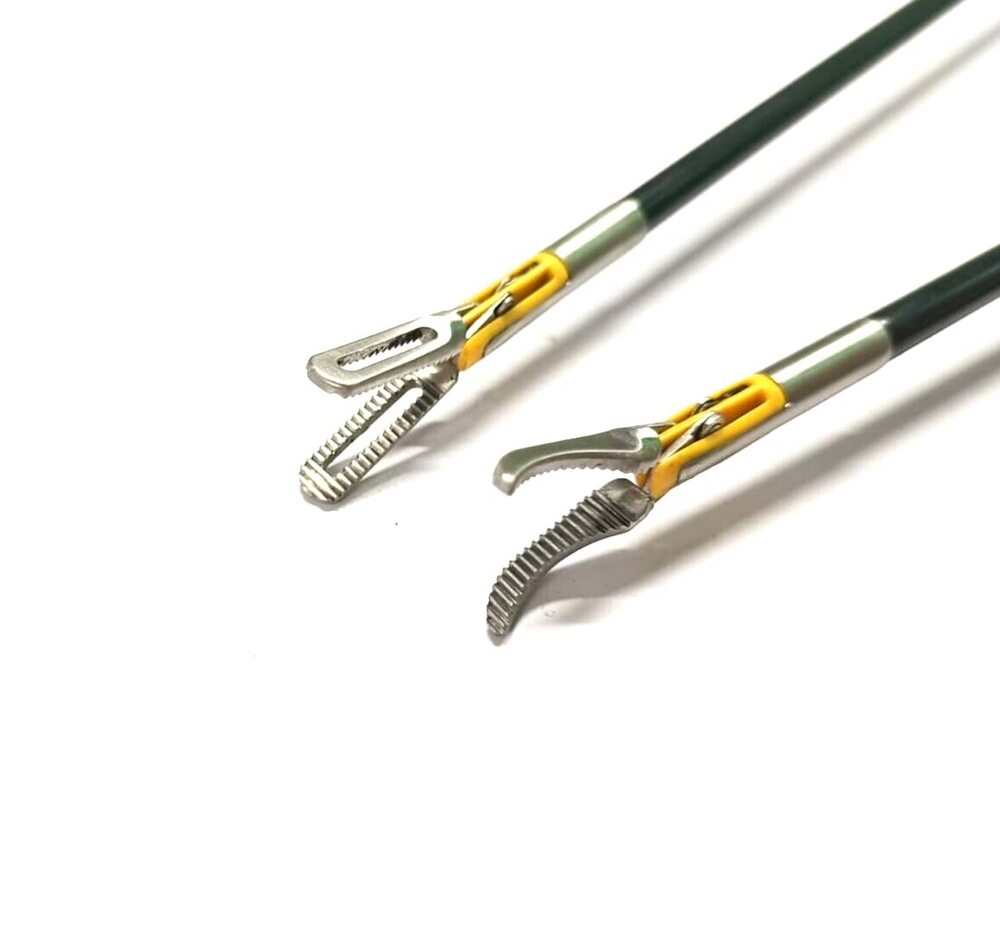

Price:
- 50
- 100
- 200
- 250
- 500
- 1000+
More Products in Intubation Devices And Accessories Category
NASAL SPECULUM KILLIAN
Price 1650 INR / Piece
Minimum Order Quantity : 10 Pieces
Portable : Yes
Real-Time Operation : Yes
Color : Silver / Metallic
Wall Mounted : No
SUPINE POSITION
Price 1050 INR / Piece
Minimum Order Quantity : 10 Pieces
Portable : Yes
Real-Time Operation : Yes
Color : Blue/Black (Standard Options)
Wall Mounted : No
BANDAGE SCISSORS
Price 1950 INR / Piece
Minimum Order Quantity : 10 Pieces
Portable : Yes
Real-Time Operation : Yes
Color : Silver
Wall Mounted : No
DOYEN RETRACTOR
Price 2000 INR / Piece
Minimum Order Quantity : 10 Pieces
Portable : Yes
Real-Time Operation : Yes
Color : Silver/Metallic
Wall Mounted : No


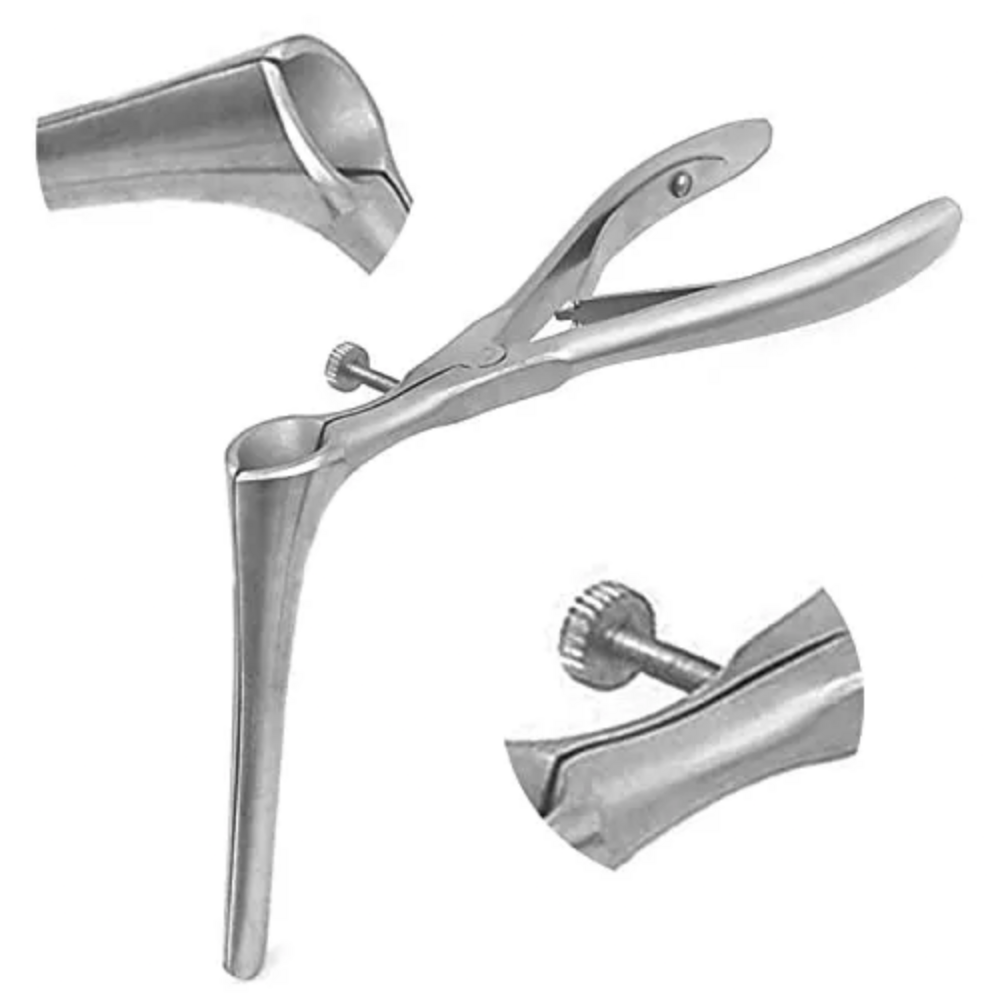
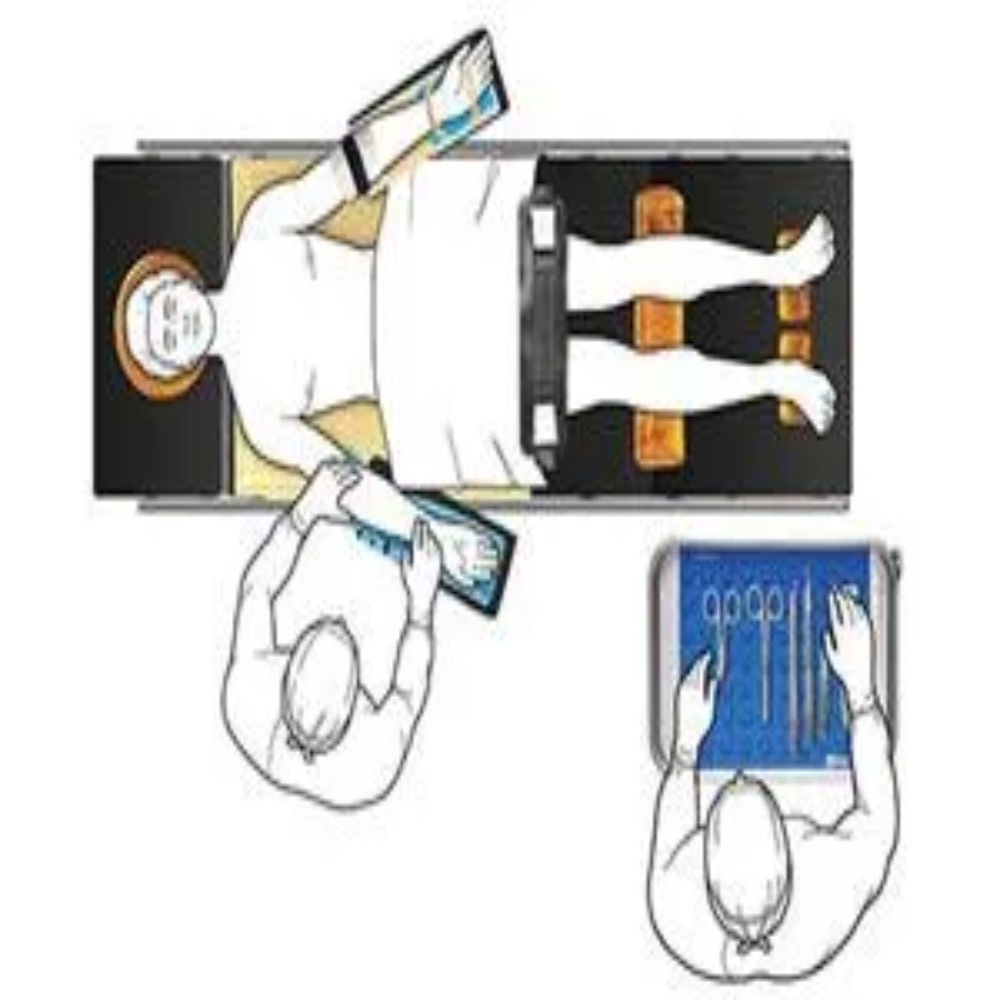
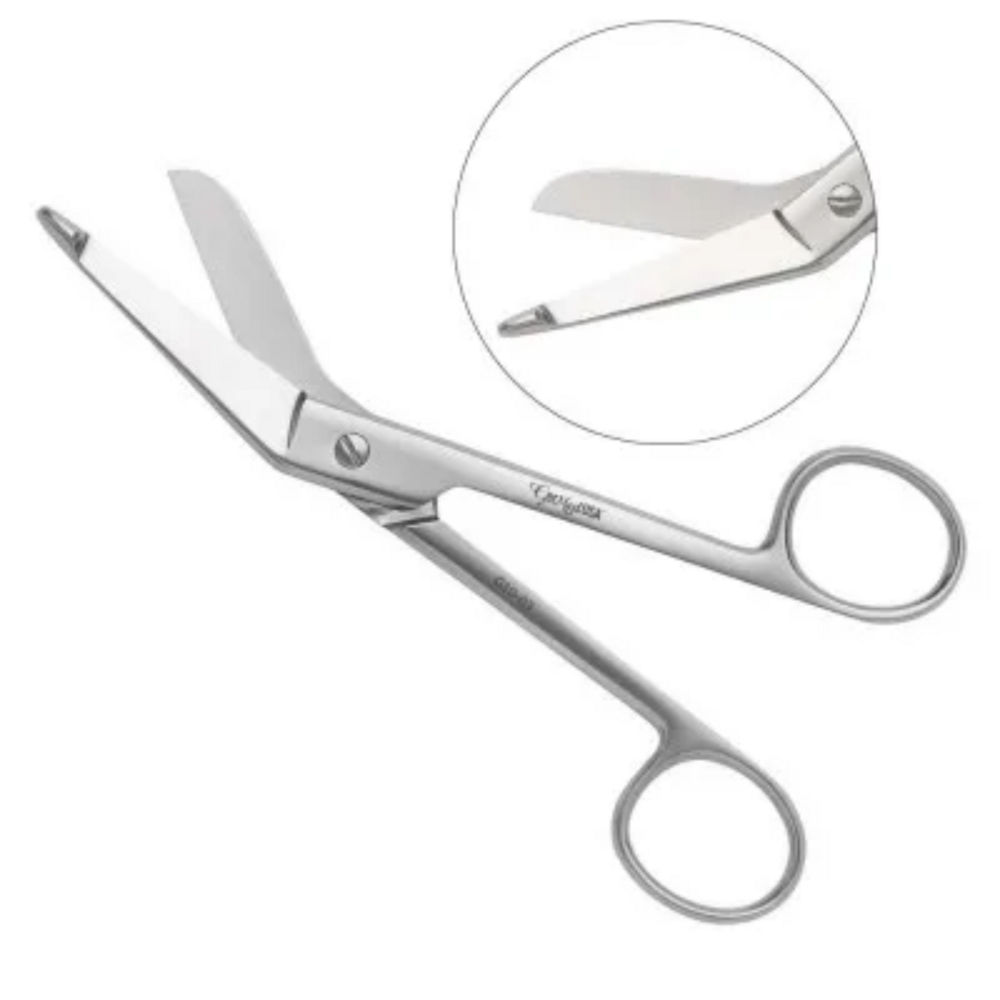
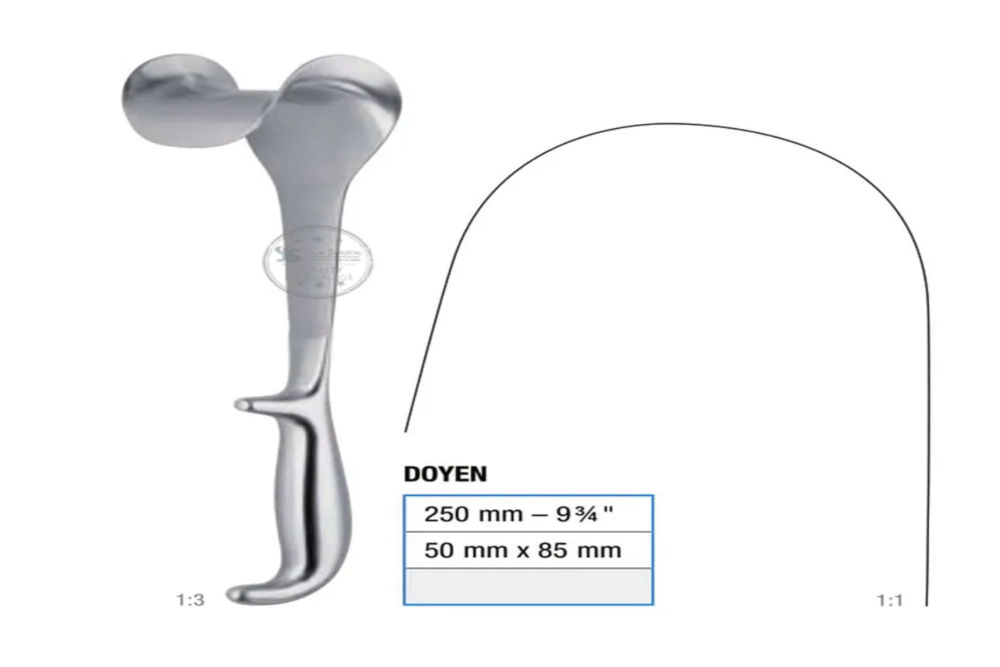
 Send Inquiry
Send Inquiry Send SMS
Send SMS Call Me Free
Call Me Free
